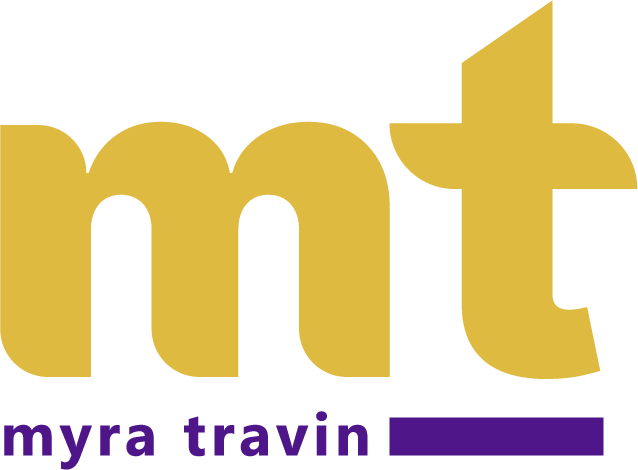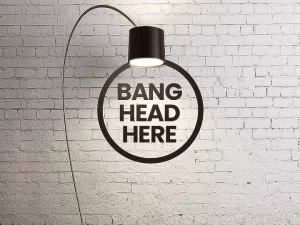Job descriptions are a funny thing. They are almost never accurate and almost always do not represent the tasks we are expected to do in the job we find ourselves in.
For example, Instructional Designers can have voluminous requirements—from strategy to visual design—that, in the mind of the hiring agent, seem clear from their experience and perspective. Tasks critical to performance are often left out of the description because there are unspoken requirements assumed by the person doing the hiring.
In this age of artificial intelligence, new tools are being implemented into our work landscape without our full understanding of how they work, how they are managed, and how they impact our personal job expectations. Yet hiring managers will assume that those of us with experience are well-versed in the new technologies and strategies that affect our field, even if we are not fully aware of them.
So how are we to stay current and valuable to our organizations? By honestly looking at what we know and what we don’t, and making a commitment to upskill ourselves.
When AI was first talked about over 25 years ago, the concept of machine intelligence that could make faster and more complex decisions than a human seemed like our quaint retro fantasies of personal jetpacks and robot maids. Somehow in the present-day experience of those people, it must have seemed very far away indeed … or like it would never really happen. Yet, it kind of did. And even as those technologies are upon us now—jetpacks and Roombas—there is a sensibility that the super-modern future state is still a long way from our everyday experience. Even though it is, as we speak, defining our work and home lives in ways we are only starting to realize. It is right under our noses.
Before too long we will move from that far-away tomorrow to that which feels everyday and routine. Yet, we will make this journey without a meaningful state of transition that helps us make sense of where we are going and how we got there. It’s an important journey that we may not be fully aware we are making. When we lose our sense of direction as we move from one state of behavior to a much more complex and accelerated one, we feel disoriented.
This disoriented worldview does not help us navigate the steps we must take to live purposefully in the new world of AI. It either seems too transparent (“It’s everywhere! How can you fight it?”) or you can’t quite see how it is working, even though you hear it is. Stop the world, I want to get off.
Sadly, there is no way to go backward. As Winston Churchill said, civilization never recedes. To this we also have to add the idea, “What is a job, anyway?”
If we’re talking about how job descriptions are changing, we would be remiss if we left out the changing nature of the job itself. Just how is the concept of a “job” different in 2019?
As Adrian Harvey of Clever Nelly AI says, the job itself has become niche and employer centric, and is no longer a trade or a transferable skill. Therefore, L&D is contracted to simply train new recruits how to do their current job. This fails my test as an example of employers investing in educating and improving employees for competitive advantage.
So how do we realize both that something is all around us, but its character has changed so much that we really don’t know it?
When it became obvious that corn syrup was being used in most of our everyday packaged foods—bread, yogurt, salad dressing, granola bars—we took a step back and wondered how we could have been eating this for so long without realizing it. AI can feel the same way: it’s in financial services, media, manufacturing, and retail. You can’t swing a toy cat without discovering that it in some way it affects you. It’s only going to get subtler and more omnipresent.
Maybe this feels unfair, or maybe just strange, but the super-modern future we all heard about is here and now. Not robot maids, but the real deal. Innovation that makes our prior concepts incomplete. This future thinks faster and in more complex ways than we can already. Will it prove good or bad, right or misguided, helpful or hurtful? Yes.
When the first fish walked out of the swamp, she realized that the process of change was not easy or fair. It just is. So, we need to upskill. We need to rethink our industries—and even the concept of a job. Stay tuned.





